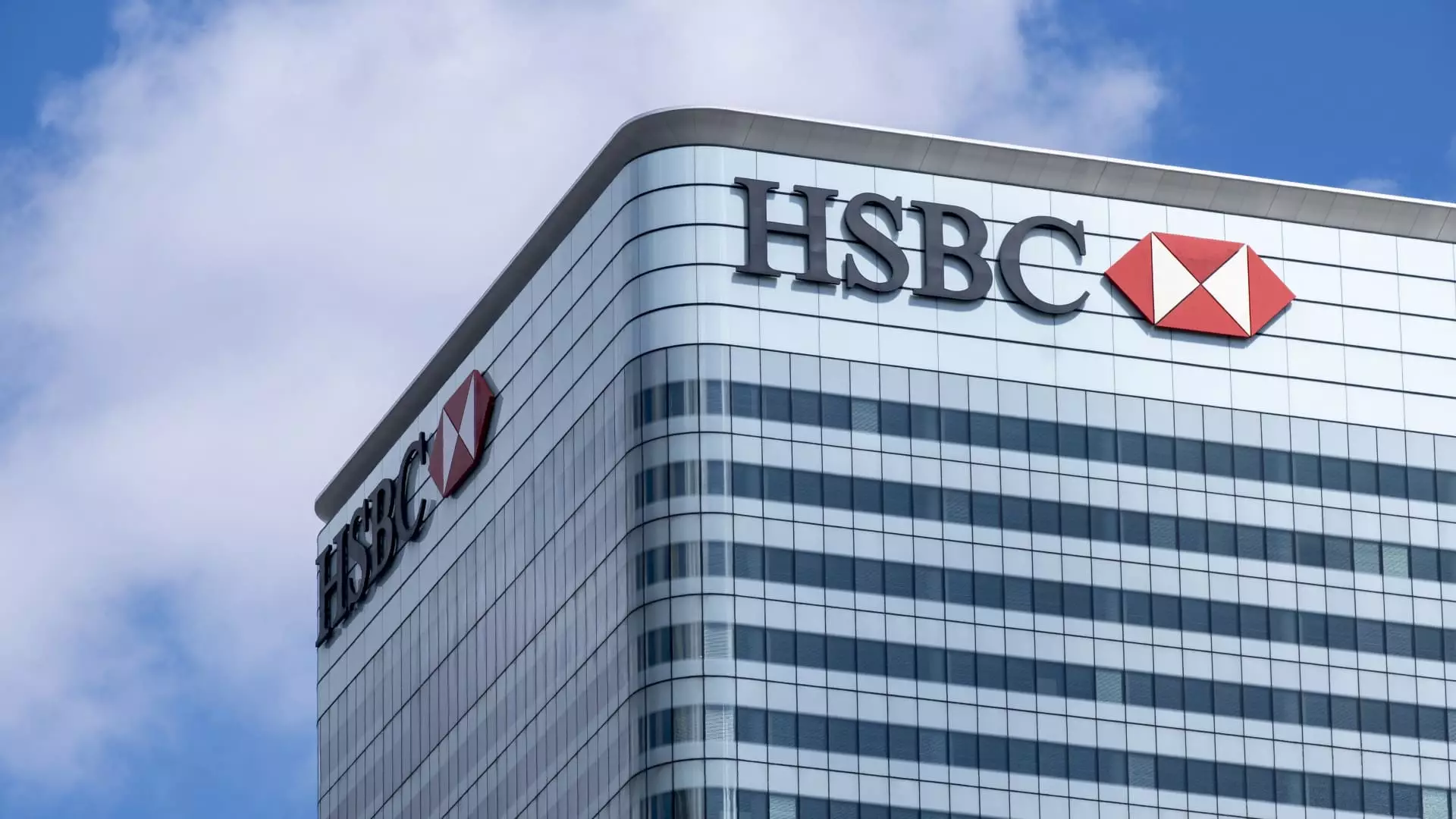HSBC, the largest bank in Europe, published its third-quarter earnings recently, showcasing impressive financial growth that exceeded market expectations. The reported pre-tax profit was $8.5 billion, outpacing analyst predictions set at $8 billion, driven primarily by robust performance in revenue and the strength of its wealth and personal banking sectors. Comparatively, the bank saw a ten percent increase from the previous year’s figures, which stood at $7.71 billion for the same quarter. This growth trajectory is significant as it showcases HSBC’s ability to thrive in a challenging economic environment.
Revenue for the quarter also saw a positive jump, hitting $17 billion, a slight increase from last year’s $16.2 billion. This percentage growth is not only indicative of the bank’s resilience but also reflects its strategic investments and focus on enhancing customer service within its wealth management offerings. Notably, HSBC’s after-tax profit reached $6.7 billion, marking a $500 million rise over the same period last year. Such numbers suggest that HSBC is not just focused on short-term gains but is committed to long-term strategies that bolster profitability.
The announcement of a $3 billion share repurchase program added to the positive sentiment surrounding the bank’s performance. This initiative signals a commitment to returning value to shareholders and confidence in future growth prospects. Cumulatively, HSBC has revealed plans for a staggering $9 billion in share buybacks for the year—$3 billion in each quarter thus far. Such a move, particularly in a climate sensitive to financial market fluctuations, provides reassurance to investors about the stability and strength of HSBC’s operational performance.
Adding to the favorable news, the board also declared a third interim dividend of $0.1 per share, further enhancing shareholder returns amidst a broader strategy to improve financial standing. These developments not only aim to attract new investors but also retain existing ones, creating an environment conducive to growth and stability.
In conjunction with financial successes, HSBC announced a significant restructuring strategy aimed at improving operational efficiency. The bank plans to transition into four defined business units: Hong Kong, UK, international wealth and premier banking, and corporate and institutional banking. This approach seeks to minimize redundancy in processes and streamline decision-making—a crucial move in today’s fast-moving financial landscape.
The appointment of HSBC’s first female finance chief amidst this restructuring signals a progressive outlook, emphasizing a modernized organization that values diversity and inclusivity at the top levels of management. HSBC’s CEO, Georges Elhedery, expressed optimism about this change, stating it will lead to a more dynamic and agile organization, thus adapting better to customer needs and market changes.
Overall, HSBC’s latest earnings release highlights a financial institution that is not only performing well but is also proactive in evolving its organizational structure and enhancing shareholder value. The combination of strong earnings, a robust share buyback initiative, and a commitment to streamlined operations positions HSBC favorably for future growth in a competitive banking landscape. As the industry continues to navigate uncertain economic conditions, HSBC’s strategic decisions could set a benchmark for resilience and adaptability within the banking sector.

